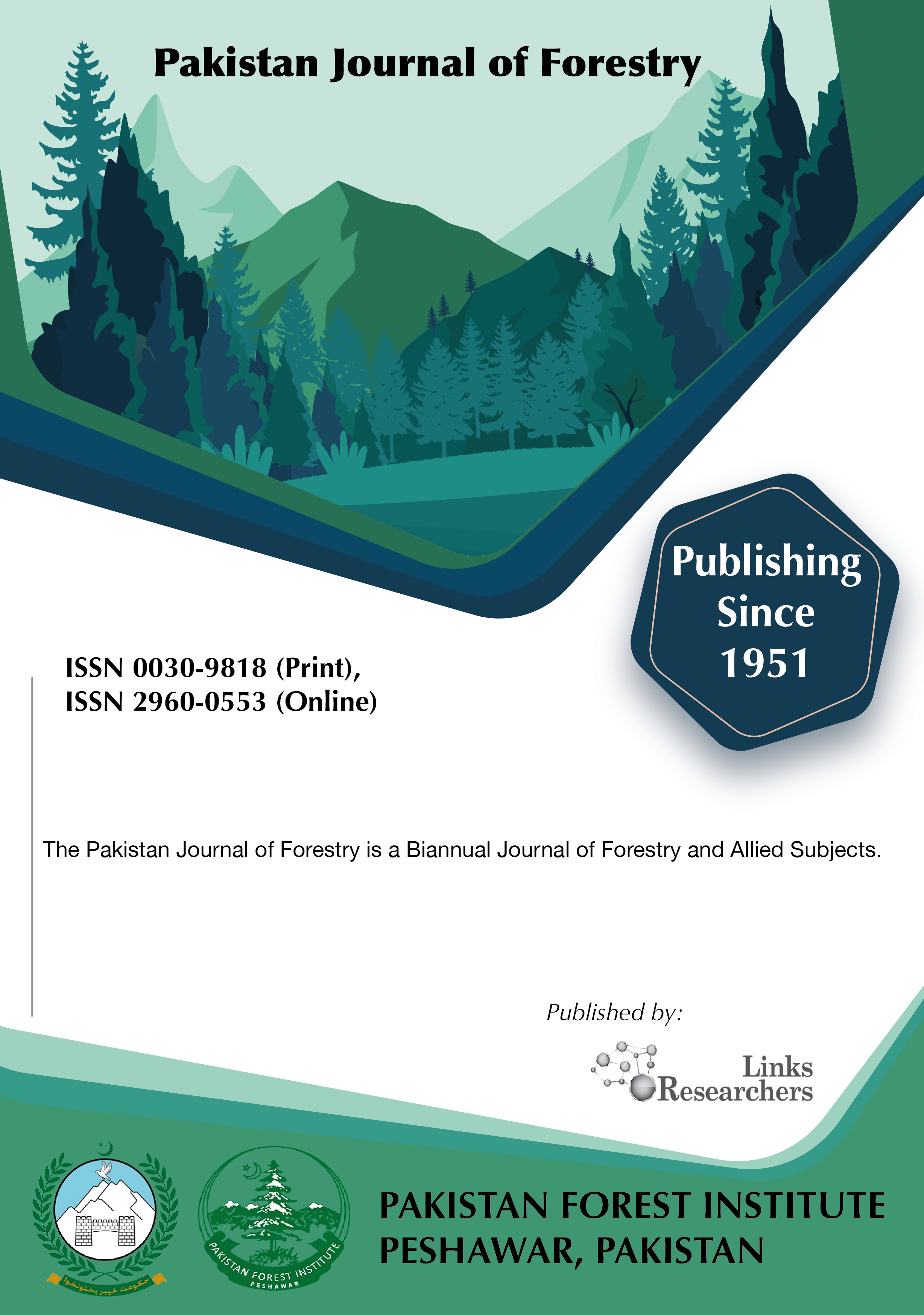Conservation problems in Baluchistan with particular reference to wildlife preservation
Conservation problems in Baluchistan with particular reference to wildlife preservation
T. J. Roberts
ABSTRACT
T. J. Roberts, Roberts Cotton Associates Ltd., Khanewal
Historical Background:
The Province of Baluchistan as far as is known from recent historical times, has always been a very arid region experiencing climatic extremes and supporting a comparatively sparse human population. Various regions fell under the domain of different tribes and tribal chieftains with traditional rights within those regions for grazing and cultivation of crops where possible. These rights were usually zealously defended against usurpation by any neighbouring tribes. Because of the harsh climatic conditions, the limited available forage could best be utilized by a nomadic pastoral people and even today a major portion of the rural population appears to have retained these nomadic habits. In the main valleys a limited settlement with crop cultivation under irrigation appears to have been in existence for several hundred years. Such cultivation depended mainly upon the indigenous construction of subterranean percolation trenches or tunnels which are known locally as
Kharezes. This was supplemented with a few open wells. Even from the times of the earliest British administrative control in the region, which provides the first written records, the climate was one of extremes. Shortage of water was an ever present
To share on other social networks, click on any share button. What are these?




